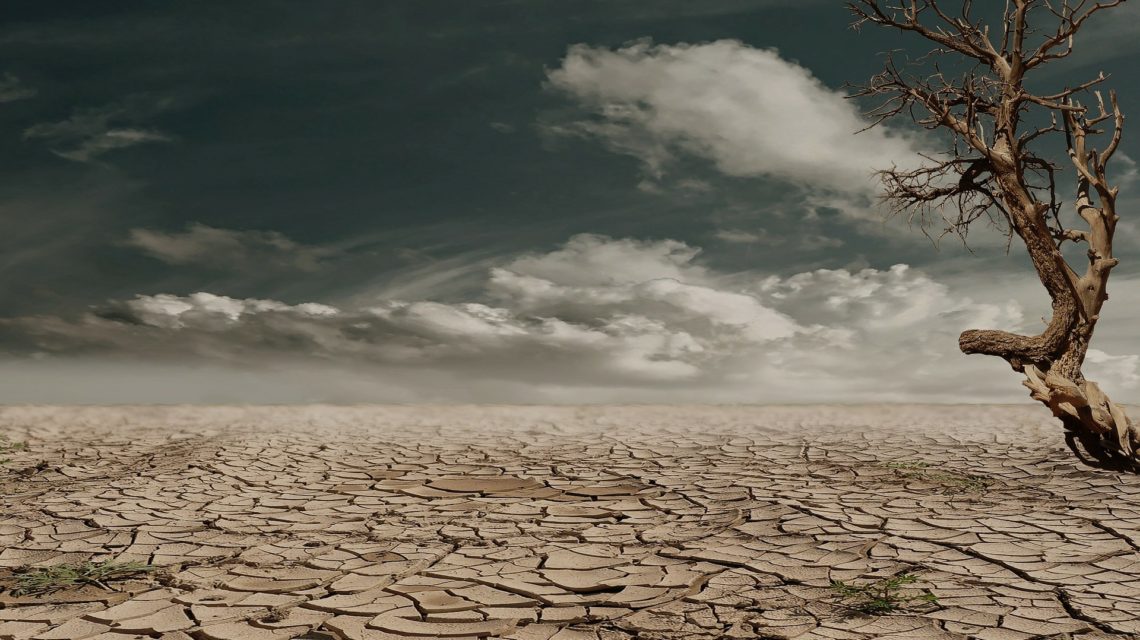Dry mouth is a condition that impacts the salivary glands in your mouth and results in a decrease of saliva production. Saliva is an integral part of the digestion process and serves as the first step in breaking down food particles. If you suffer from dry mouth, common everyday activities such as eating and talking may be more difficult for you.
Due to the lack of saliva in your mouth, this condition can also pose a threat to your oral health. Your saliva is a powerful substance that neutralizes harmful acids produced by bacteria, remineralizes your tooth enamel, and washes away food particles. As a result, if you have dry mouth you may be at a higher risk for tooth decay and gum disease.
What are the Causes of Dry Mouth?
There are a number of causes that can lead to dry mouth including:
1. Dehydration
One of the most common causes of dry mouth and the easiest to resolve is dehydration. By drinking the recommended 8 cups of water a day (64 oz) you’ll not only boost your saliva production, but you’ll improve your overall health and wellness.
2. Smoking
Smoking cigarettes and other substances such as marijuana slows down the saliva production in your mouth. If you smoke on a regular basis, it can result in chronic dry mouth.
3. Side Effects of Medication
There are a number of medications on the market that produce dry mouth as a side effect, and many of them are available over-the-counter. According to the Mayo Clinic, “Among the more likely types to cause problems are some of the drugs used to treat depression, high blood pressure and anxiety, as well as some antihistamines, decongestants, muscle relaxants and pain medications.” In addition, some medical treatments, such as chemotherapy, can also cause dry mouth.
4. Certain Diseases
The effects of diseases such as Alzheimer’s, diabetes, HIV/AIDS, hypertension, Sjögren’s syndrome and rheumatoid arthritis can all lead to dry mouth.
5. Age
The aging process contributes to dry mouth for a number of reasons. Often the elderly are taking more medications that produce dry mouth and/or they may not be receiving the proper water intake and nutrition.
6. Mouth Breathing
Breathing with your mouth open, especially at night, can lead to dry mouth.
What Are the Symptoms of Dry Mouth?
The following are signs that you might be suffering from dry mouth:
- A sticky, dry feeling in your mouth or throat
- Saliva that seems thick
- Halitosis (bad breath)
- A dry, red, or sore tongue
- Problems speaking, tasting, or chewing
How Can I Treat Dry Mouth?
Treatment for dry mouth depends on the cause. If you notice any of the symptoms of dry mouth, the best thing you can do is schedule an appointment with one of our skilled dentists at Country Club Dental. During your visit, we can determine what might be causing your dry mouth and together, choose the right solution to help alleviate the problem. If you live in Flagstaff give us a call today: 928-526-4314.
Images used under creative commons license – commercial use (3/14/2019) Pixabay


